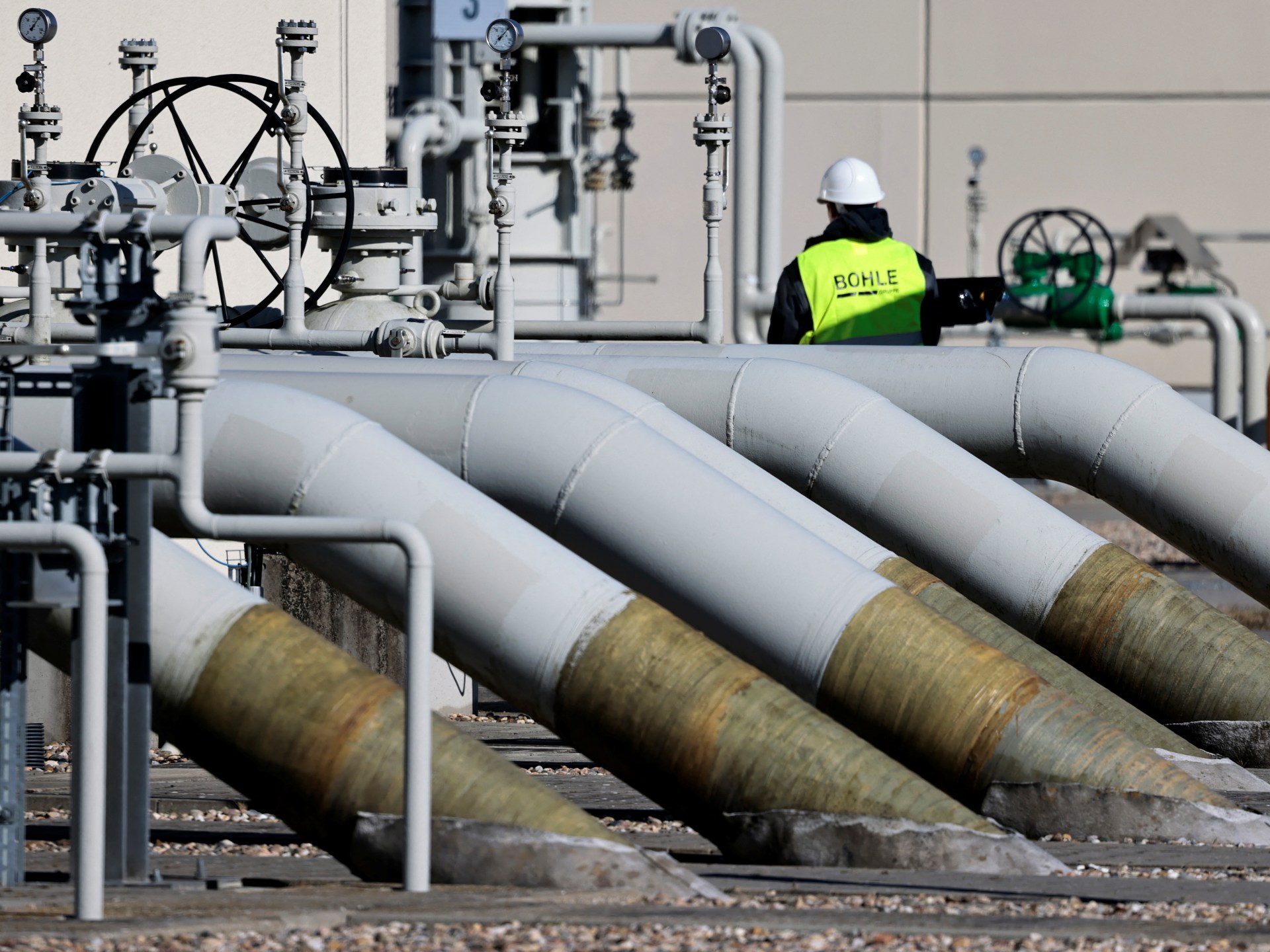The British newspaper The Times reported that an investigation conducted by American investigative journalist Seymour Hersh concluded that the United States was responsible for the bombing of the Russian gas pipelines "Nord Stream 1 and 2" in the Baltic Sea in September last year.
The newspaper pointed out that the journalist mentioned in his report that the bombing was part of a secret operation ordered by the White House and carried out by the CIA.
Seymour Hersh, a Pulitzer Prize-winning journalist, claims that US divers used NATO military exercises in the area as a cover, planted mines along Russian pipelines and later remotely detonated them.
Hirsch wrote in a lengthy report that the operation was carried out in complete secrecy under the cover of NATO exercises announced in the summer of last year, known as "Operations Baltic 22", and was conducted in June off the German coast.
He said that US President Joe Biden's decision to blow up Russian pipelines came after more than 9 months of secret planning with the US national security agencies, noting that "all that time it was not about whether that task should be done, but rather about ways to accomplish it, without leaving evidence pointing to the party responsible for it.”
An explosion on September 26, 2022 severely damaged the "Nord Stream 1 and 2" lines in the Baltic Sea, which transport Russian gas to Europe, and Russia and Western countries exchanged accusations about responsibility for the bombing.
It was later revealed that the damage to the Russian pipelines was the result of deliberate action, but ambiguity remained the master of the situation as to who was behind it.
Accusations and investigations
Then US President Joe Biden described the gas leak in the two pipelines as a "deliberate act of sabotage" and said that Washington "will send divers to find out exactly what happened."
The UN Security Council held an emergency session at the end of September 2022, called for by Russia, to discuss the dangers posed by the event to European energy security.
In his speech during the session, Russia's representative to the United Nations, Vasily Nebenzia, revealed that the Russian Prosecutor General's Office had opened an international investigation in this regard.
In a veiled accusation against the United States of America, the Russian delegate said that sabotaging the Nord Stream line with this level of complexity exceeds the power of ordinary terrorists, and it cannot happen without the intervention of a state or entities it controls.
He added that the United States had a lot to gain in terms of gas trade as a result of the damage to the Nord Stream pipeline network under the Baltic Sea, but his words fell short of holding Washington responsible for the bombing.
The White House rejected the accusation, describing it as irresponsible. "The United States categorically denies any involvement in this incident," Richard Mills, deputy US representative to the United Nations, told the meeting.
Denmark, Sweden and Germany opened separate investigations to find out who was responsible for blowing up the pipes, but those investigations did not reach a significant result, except that they confirmed that what happened was a deliberate act, and Sweden revealed the presence of traces of explosives on the pipes that were sabotaged.

